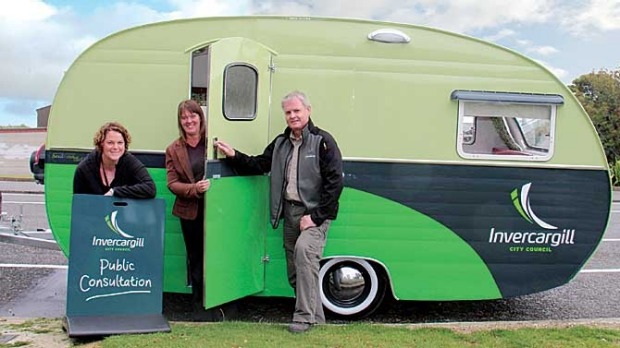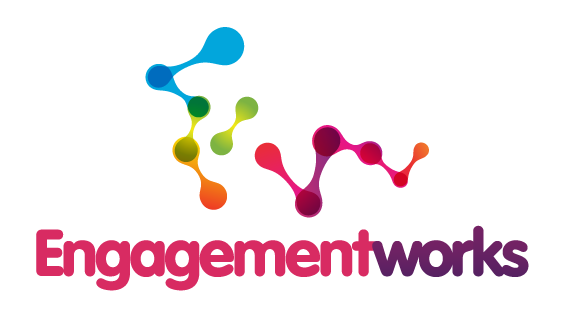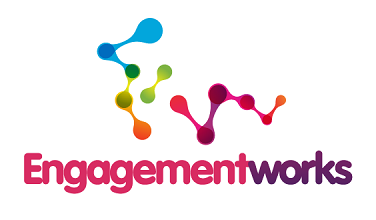Organisations should be applauded for their willingness to embrace new ways of reaching out to and engaging with their communities. Invercargill City Council has recently decided that there is value in going to where its communities are, rather than making those communities come to them, with two initiatives.
One of these involves physically connecting with people, the other is an online channel.
To improve its people-to-people connections, the Council has bought a caravan. It can tow this around the city to venues and events where people gather and have a comfortable private space out of the weather where people can talk with council representatives.
It has been branded with Council colours and logos and should be a bit of a conversation starter in itself.
Council’s new online engagement initiative is what it plans to call “ICC TV”. This is a YouTube channel intended to provide a range of content about Council’s thinking, initiatives and projects. Hopefully the community will get behind this, particularly if the content is relevant and engaging, and provide useful feedback through this channel.
There are also some exciting ways that both the caravan and ICC TV could be linked to work together, which Council will no doubt seek to explore.
Hopefully Invercargill’s citizens will see value in these initiatives, rather than focusing on the costs. Mind you that will depend on how well the Council puts these new tools to work.
Initiatives like these are generally a good reflection of where an organisation’s mind-set is – embraced by the top levels of the organisation, filtering through planning and operational staff. If it is to be judged by these two exciting engagement initiatives, Invercargill City Council’s organisational community engagement mind-set is in a very positive space.
One of these involves physically connecting with people, the other is an online channel.
To improve its people-to-people connections, the Council has bought a caravan. It can tow this around the city to venues and events where people gather and have a comfortable private space out of the weather where people can talk with council representatives.
It has been branded with Council colours and logos and should be a bit of a conversation starter in itself.
Council’s new online engagement initiative is what it plans to call “ICC TV”. This is a YouTube channel intended to provide a range of content about Council’s thinking, initiatives and projects. Hopefully the community will get behind this, particularly if the content is relevant and engaging, and provide useful feedback through this channel.
There are also some exciting ways that both the caravan and ICC TV could be linked to work together, which Council will no doubt seek to explore.
Hopefully Invercargill’s citizens will see value in these initiatives, rather than focusing on the costs. Mind you that will depend on how well the Council puts these new tools to work.
Initiatives like these are generally a good reflection of where an organisation’s mind-set is – embraced by the top levels of the organisation, filtering through planning and operational staff. If it is to be judged by these two exciting engagement initiatives, Invercargill City Council’s organisational community engagement mind-set is in a very positive space.



 RSS Feed
RSS Feed
